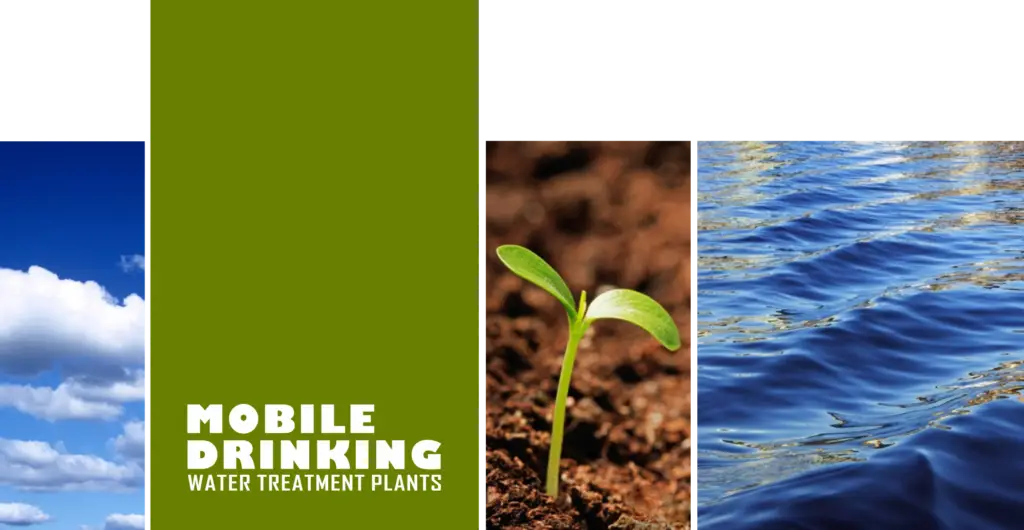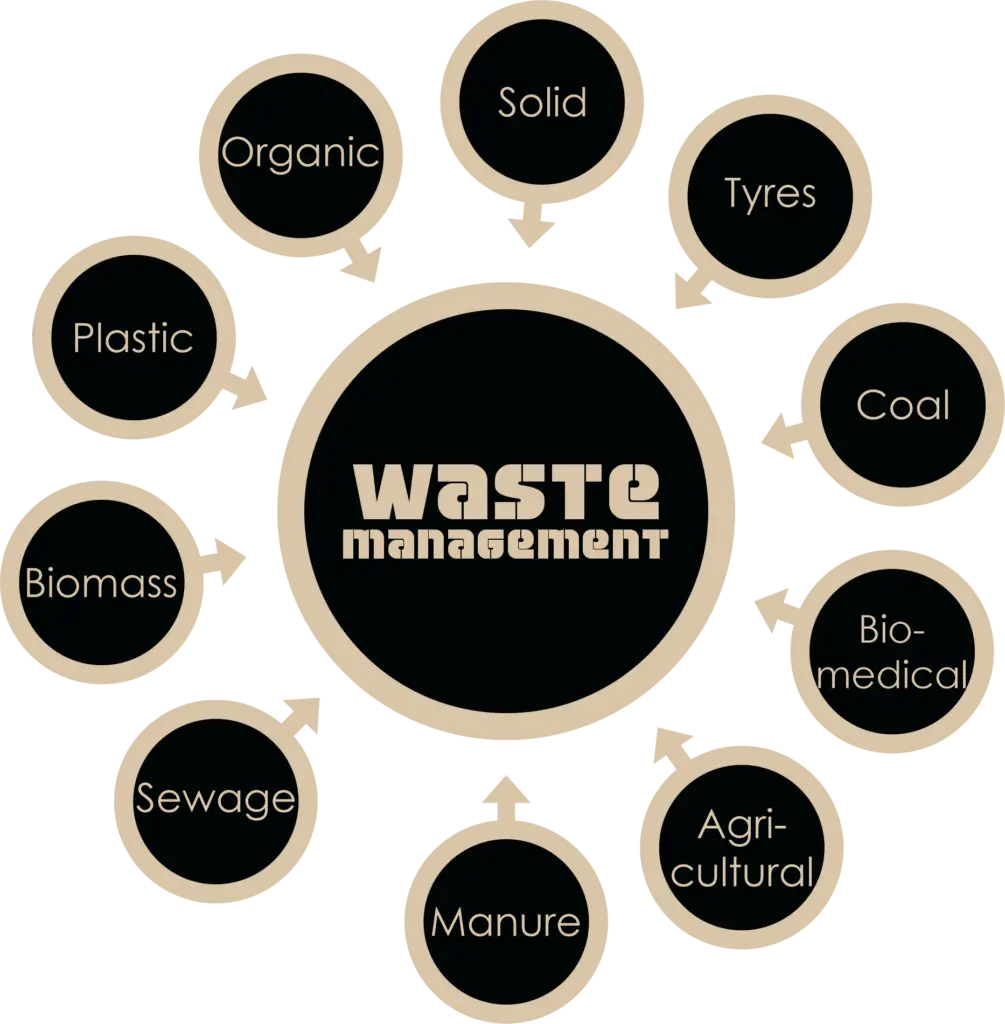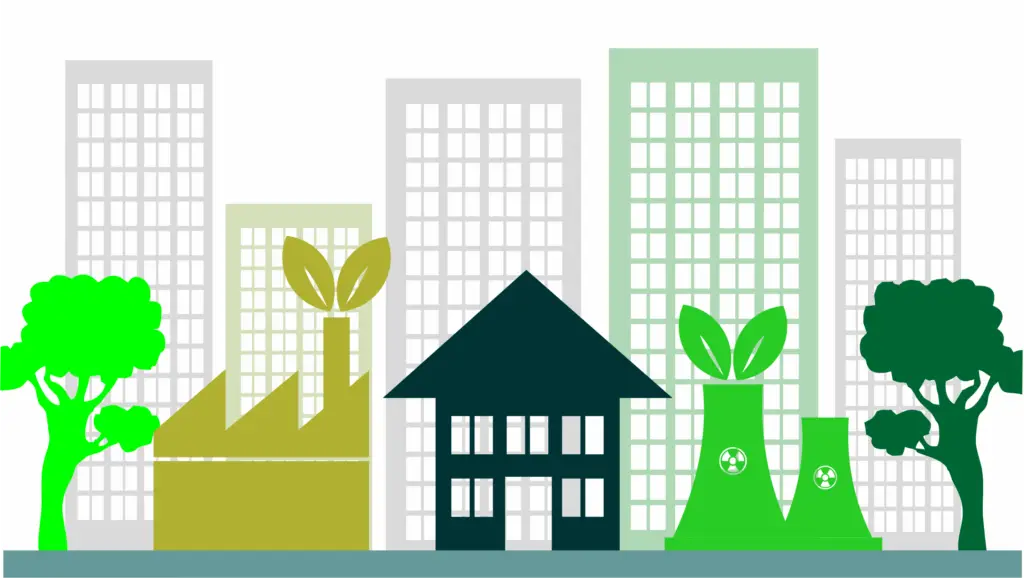Innovation & Technology
Technology & Innovation for Environmental Sustainability
Pioneering Solutions for a Healthier Planet
As the world confronts the escalating challenges of climate change, resource depletion, and environmental degradation, technology and innovation play a pivotal role in creating sustainable solutions. Advances in green technologies are revolutionizing industries, offering new ways to minimize environmental impact, reduce waste, and conserve natural resources.
From renewable energy systems like solar and wind power to cutting-edge waste management, water purification, and carbon capture technologies, these innovations are driving the transition to a more sustainable future. Additionally, the development of smart technologies, such as IoT-enabled systems for energy efficiency and sustainable agriculture practices, is transforming how we interact with the environment.
These technological breakthroughs not only address current environmental concerns but also pave the way for a circular economy where resources are continuously reused and repurposed. By embracing these innovations, businesses and communities can foster a more sustainable relationship with the planet, ensuring that future generations inherit a healthier and more resilient environment.

Comprehensive Solution for Safe Drinking Water
Mobile Drinking Water Treatment Plants
Our mobile drinking water plants offer a robust solution for converting water from surface sources with significant suspended particles and turbidity into safe, potable water. These compact and versatile units are designed to deliver high-quality water treatment through advanced physical and bacteriological processes. By effectively removing contaminants, pathogens, and impurities, our system produces drinking water that meets the stringent health and safety standards set by the World Health Organization (WHO).
These mobile units are especially suited for areas with limited access to clean water, disaster relief zones, and remote locations where fixed water treatment infrastructure is unavailable. The mobile plants are engineered for ease of transport, setup, and operation, making them ideal for rapid deployment. Whether addressing emergency needs or supporting long-term water supply projects, our solution ensures a dependable, safe water supply, promoting public health and reducing waterborne risks in diverse environments.
Global Solution for Waste Management
Addressing the Growing Waste Crisis
Waste generation is a pressing global issue, increasingly driven by human activities, rapid urbanization, industrial growth, and the demands of modern lifestyles. As our societies develop and set higher standards of living, waste production continues to rise, challenging the planet’s resources and ecosystems. Effective waste management has become essential not only to protect the environment but also to support sustainable growth and improve the quality of life.
Our global waste management solution is designed to tackle this complex problem through advanced waste processing technologies and strategic practices. By implementing waste reduction, recycling, and responsible disposal systems, our approach minimizes the environmental impact and conserves natural resources. This solution supports the transition to a circular economy, where waste is repurposed or minimized, ultimately reducing landfill use and pollution. By integrating sustainable waste management practices worldwide, we can help communities address this unavoidable issue and pave the way toward a cleaner, healthier future.


Waste-To-Energy: A Sustainable Solution for the Future
Transforming Waste into a Renewable Resource
As the world grapples with an increasing waste crisis, largely fueled by urbanization, industrialization, and evolving lifestyles, innovative solutions have become essential. Waste is an unavoidable byproduct of human activity, and traditional disposal methods are often unsustainable. The waste-to-energy (WtE) approach offers a transformative solution, converting waste into usable energy and reducing our reliance on landfills.
WtE technology not only addresses the challenge of waste management but also supports renewable energy goals by producing electricity and heat from non-recyclable waste materials. This process mitigates the environmental impact of waste, decreases greenhouse gas emissions, and lessens our dependency on fossil fuels. Embracing waste-to-energy is essential for building a sustainable future where waste serves as a valuable resource rather than a burden. By integrating this approach, communities can contribute to a cleaner environment, improved energy security, and a more resilient, circular economy.
Desalination of Seawater: A Vital Alternative for Drinking Water
Addressing Global Water Scarcity Through Desalination
Access to clean, fresh drinking water is fundamental to human health and well-being, yet a significant portion of the global population faces chronic water scarcity. Currently, 1.1 billion people lack reliable access to potable water, and an additional 2.7 billion experience water shortages for at least one month each year. Projections suggest that by 2025, two-thirds of the world’s population may confront water scarcity, underscoring the urgency for sustainable solutions.
Desalination, the process of removing salt from seawater, offers a reliable alternative to conventional water sources. This technology transforms abundant seawater into clean, potable water, making it an essential resource for communities affected by water shortages. Modern desalination techniques, such as reverse osmosis, are efficient and scalable, providing a dependable solution to meet rising water demands. By integrating desalination into water supply strategies, we can secure safe drinking water, reduce dependence on overstrained freshwater resources, and support the health and resilience of communities worldwide.


Prefabricated Construction: A Future-Ready Building Technology
Delivering Rapid, Resilient, & Secure Housing Soutions
In the face of growing global housing demands, prefabricated construction has emerged as a forward-thinking solution for rapid, sustainable building. As urban populations increase and environmental challenges intensify, prefabricated construction meets the critical need for efficient, secure, and durable housing. This technology enables the swift assembly of homes and structures while incorporating advanced features for enhanced safety and comfort.
Prefabricated buildings are engineered to be weather-resistant, earthquake-resistant, and fireproof, providing high levels of protection and resilience. The precision manufacturing process ensures quality and consistency, while the modular nature of prefabrication reduces on-site construction time and minimizes environmental impact. Beyond housing, prefabricated technology is also ideal for commercial and emergency structures, delivering versatile solutions adaptable to various environments and needs. As a key technology for the future, prefabricated construction paves the way for a new standard in efficient, secure, and sustainable building practices, addressing the needs of modern communities with speed and reliability.
